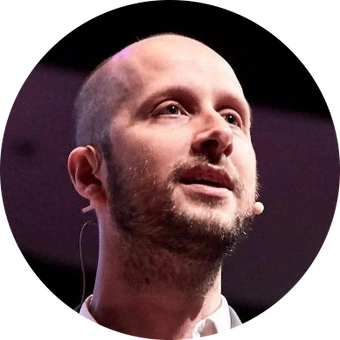Software Engineer II - Azure Host Storage

Microsoft
Software Engineer II - Azure Host Storage
Multiple Locations, United States
Save
Overview
Azure is one of the fastest-growing businesses in Microsoft’s history. The Azure Core team is at the heart of this growth, building and managing the foundational platform that powers compute, storage, and networking services. We’re excited to offer you the opportunity to help shape the future of cloud computing—come join us and learn more!
Our team, Azure Host Storage, is responsible for delivering the storage virtualization platform that supports Azure Virtual Machines, Azure Kubernetes Service, and containers. We own the entire storage stack on the Azure host, including input/output (IO) handling, data caching, throttling, quality of service, data encryption, and hardware offloading of IO processing.
Microsoft’s mission is to empower every person and every organization on the planet to achieve more. As employees we come together with a growth mindset, innovate to empower others, and collaborate to realize our shared goals. Each day we build on our values of respect, integrity, and accountability to create a culture of inclusion where everyone can thrive at work and beyond.
Qualifications
Required Qualifications:
- Bachelor's Degree in Computer Science, or related technical discipline with proven experience coding in languages including, but not limited to, C, C++ or Rust
- OR equivalent experience.
- 2+ years of experience developing cloud scale production software.
- 2+ years of experience with storage, NVMe, PCIe.
- 1+ year(s) of experience system design, algorithmic and problem-solving skills.
Other Requirements:
- Ability to meet Microsoft, customer and/or government security screening requirements are required for this role. These requirements include, but are not limited to the following specialized security screenings:
- Microsoft Cloud Background Check: This position will be required to pass the Microsoft Cloud Background Check upon hire/transfer and every two years thereafter.
Preferred Qualifications:
- Bachelor's Degree in Computer Science
- OR related technical field AND 1+ year(s) technical engineering experience with coding in languages including, but not limited to, C, C++ or Rust
- OR Master's Degree in Computer Science or related technical field with proven experience coding in languages including, but not limited to, C, C++ or Rust OR equivalent experience.
- 2+ years of experience designing, building and running large scale and highly available cloud services or distributed systems.
- 2+ years of experience working in Kernel Mode Drivers, Storage solutions is big plus
- 1+ year(s) handling periodic live service on-call responsibilities or similar and working in dev-ops mode.
Software Engineering IC3 - The typical base pay range for this role across the U.S. is USD $100,600 - $199,000 per year. There is a different range applicable to specific work locations, within the San Francisco Bay area and New York City metropolitan area, and the base pay range for this role in those locations is USD $131,400 - $215,400 per year.
Certain roles may be eligible for benefits and other compensation. Find additional benefits and pay information here: https://careers.microsoft.com/us/en/us-corporate-pay
Microsoft will accept applications for the role until July 24, 2025.
#azurecorejobs
Responsibilities
• Works with appropriate stakeholders to determine user requirements for a set of features.
• Contributes to the identification of dependencies, and the development of design documents for a product area with little oversight.
• Creates and implements code for a product, service, or feature, reusing code as applicable.
• Contributes to efforts to break down larger work items into smaller work items and provides estimation.
• Acts as a Designated Responsible Individual (DRI) working on-call to monitor system/product feature/service for degradation, downtime, or interruptions and gains approval to restore system/product/service for simple problems.
• Remains current in skills by investing time and effort into staying abreast of current developments that will improve the availability, reliability, efficiency, observability, and performance of products while also driving consistency in monitoring and operations at scale.
